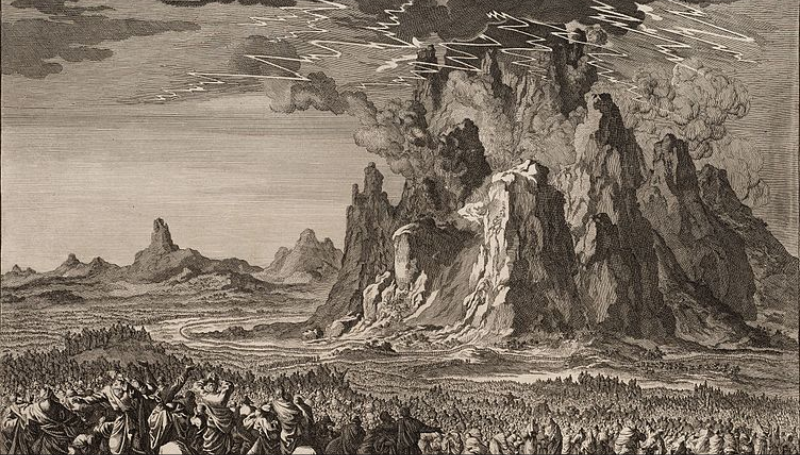Dr. Tzvi Novick
The Torah.com, May 27, 2020
“Thus, if in the first stage of Israel’s covenantal history, at Sinai, the people accept responsibility only for sins committed openly, in the second stage, upon entering the land of Israel, they are compelled to accept responsibility also for concealed sins.”
Mutual Covenantal Responsibility at Sinai
The famous rabbinic dictum has it that כל ישראל ערבים זה בזה “all Israelites are guarantors one for the other,” or in other words, that each is responsible to “pay” for the sin of the other.[1] But what is the extent of such responsibility? Under what circumstances does such responsibility arise? Rabbis reflecting on this question were drawn to Deut 29:28, which distinguishes between “concealed things” and “overt things.”
דברים כט:כח הַנִּסְתָּרֹת לַי־הוָה אֱלֹהֵינוּ וְהַנִּגְלֹת לָנוּ וּלְבָנֵינוּ עַד עוֹלָם לַעֲשׂוֹת אֶת כָּל דִּבְרֵי הַתּוֹרָה הַזֹּאת.
Deut 29:28 Concealed things are for the Lord our God; but overt things are for us and for our children ever, to do all the provisions of this Teaching.
On the basis of this verse, the Mekhilta of R. Ishmael (ba-hodesh 5, Horovitz-Rabin ed., p. 219) imagines that the Israelites at Mount Sinai negotiated with God about covenantal responsibility for “concealed things,” understood to mean hidden transgressions.
ר’ אומר :להודיע שבחן של ישראל, שכשעמדו כולם לפני הר סיני לקבל את התורה, והשוו כולם לב אחד לקבל מלכות אלהים בשמחה. ולא עוד אלא שהיו ממשכנין זה על ידי זה.
Rabbi says: It[2] comes to convey Israel’s praises, that when they all stood together before Mount Sinai to receive the Torah, they made their hearts as one to receive the kingdom of God with joy.[3] And moreover, they made themselves collateral, one against the other.
ולא עוד אלא שנגלה הקב”ה לכרות עמהן ברית על הסתרים, שנאמר הנסתרות ליי’ אלהינו. אמרו לו: על הגלויין אנו כורתין עמך ברית ואין אנו כורתין עמך על הסתרים שלא יהא אחד חוטא בסתר ויהא הציבור מתמסכין.[4][ … [To read the full article, click here]


